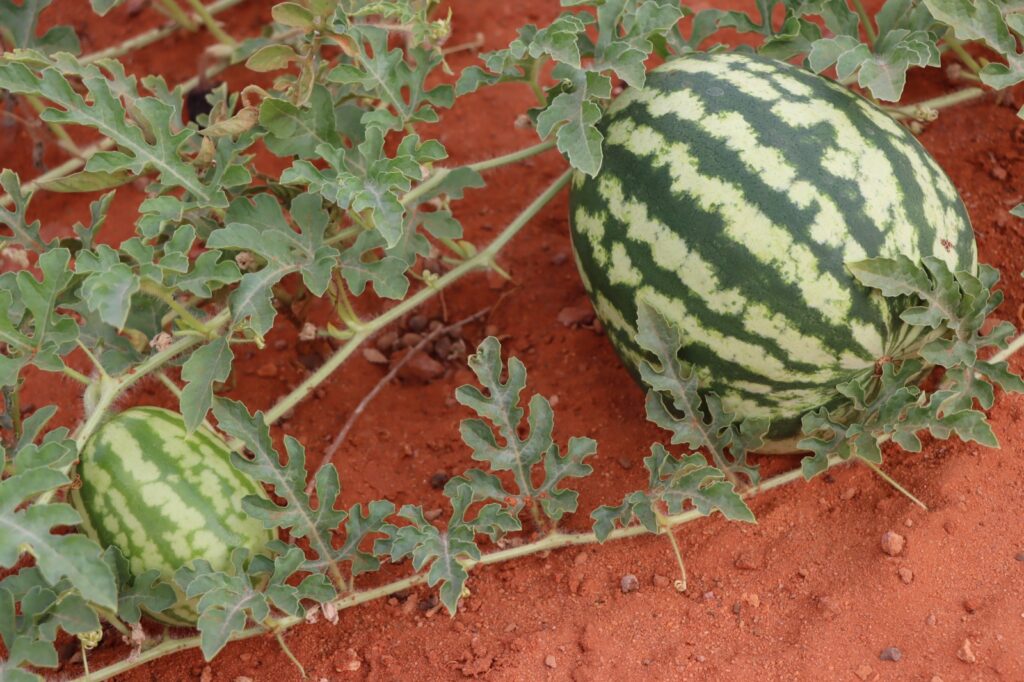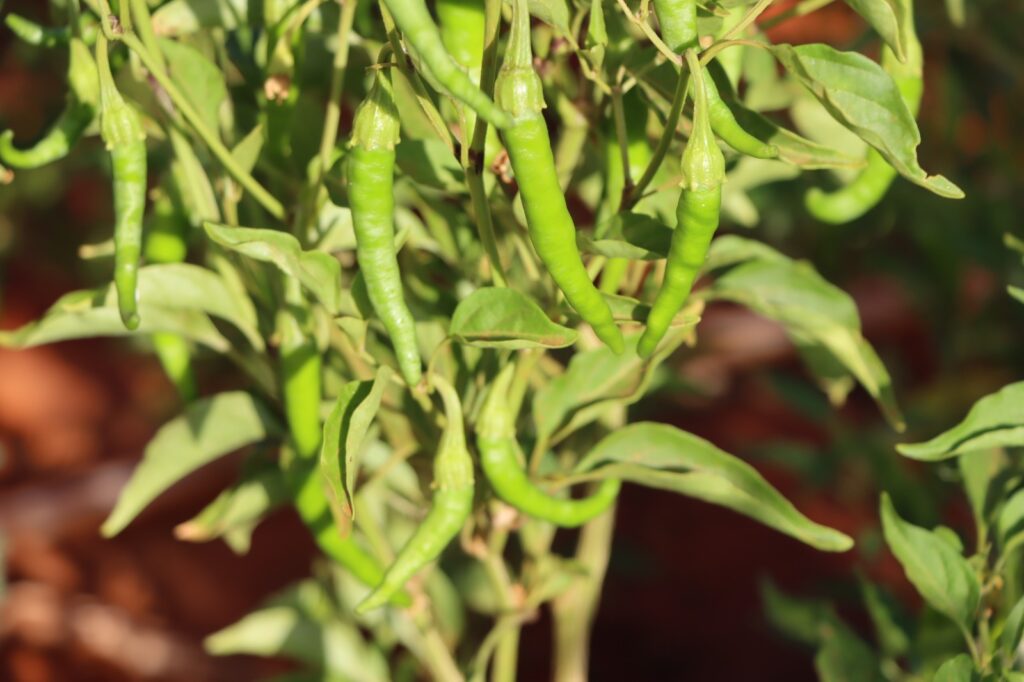
The transformative potential of kitchen gardens is widely recognized. They can generate income for families and provide essential nutrients to combat child malnutrition. Additionally, kitchen gardens serve as an effective tool for redistributing economic power within households. One such location experiencing this transformative power is the Kulmiye IDP camp in Abudwak district. Through a partnership between Nomadic Assistance for Peace and Development (NAPAD) and Terre des Hommes (TdH), funded by The Federal Ministry for Economic Cooperation and Development (BMZ), 50 women-headed households at the IDP camp are being empowered. Despite facing displacement, food insecurity, conflict, insecurity, and other climate-induced crises, these women are finding resilience and empowerment through the establishment of kitchen gardens.
Amino Kaamil, a mother of four, is among them. She reflects on how kitchen gardening has impacted her livelihood, stating, “I never imagined that learning simple gardening techniques could have such a profound impact on our lives and that of my family.
Before the project, Amino and her community faced challenges such as limited access to farming resources, lack of farming knowledge, and a harsh, arid environment that made crop cultivation difficult and expensive. However, with the project’s support, their perspective on farming has shifted, and they have embraced kitchen gardening in their settlements. Through training sessions with an agronomist and the provision of high-quality seeds and tools, these women have acquired the knowledge and means to grow their own vegetables and other crops near their homes. Innovative water-saving techniques, like gunny sack gardening, have been transformative, enabling these women to cultivate healthy crops.

The project’s impact reaches beyond individual households and positively affects the entire community. Notably, there has been a significant improvement in nutrition and health, especially among women and children. These households are experiencing better health outcomes as a result of increased dietary diversity. Amino and the other women are also sharing their knowledge by training individuals who are not involved in the project, teaching them how to establish their own kitchen gardens.


Watermelons and chillis growing in the kitchen gardens
Furthermore, the impact of this intervention extends beyond just food security. These women have not only gained confidence but also a sense of empowerment as they now take charge of their own lives. They have become providers in their families, challenging the traditional notion of men being the sole breadwinners.
Amino proudly declares, “We can now proudly assert that we are active contributors to our community, rather than recipients.“
By cultivating their own vegetables, they have reduced their reliance on market produce and humanitarian assistance. This has enabled them to save money, build resilience, and guarantee a steady supply of nutritious food for their families.
